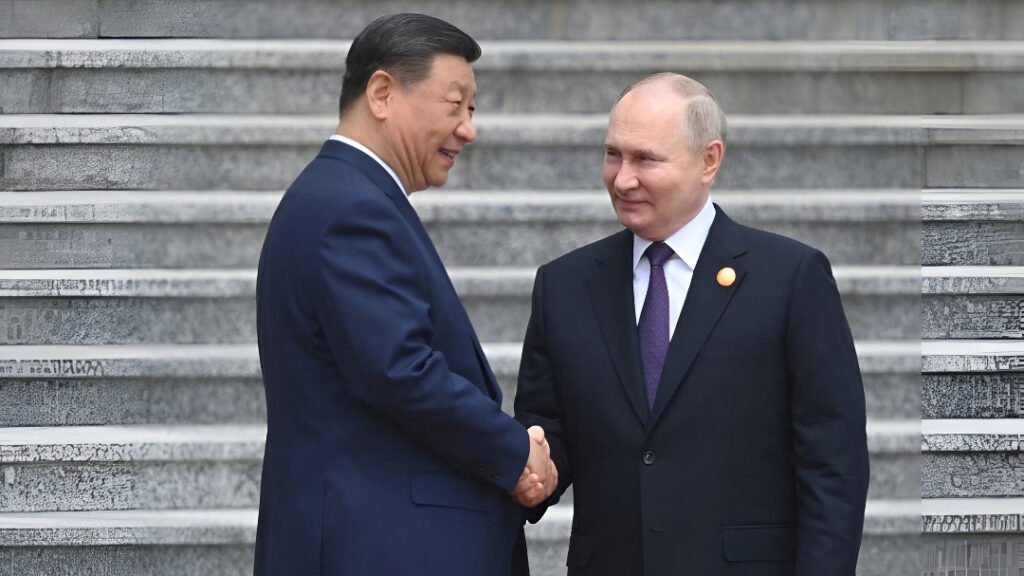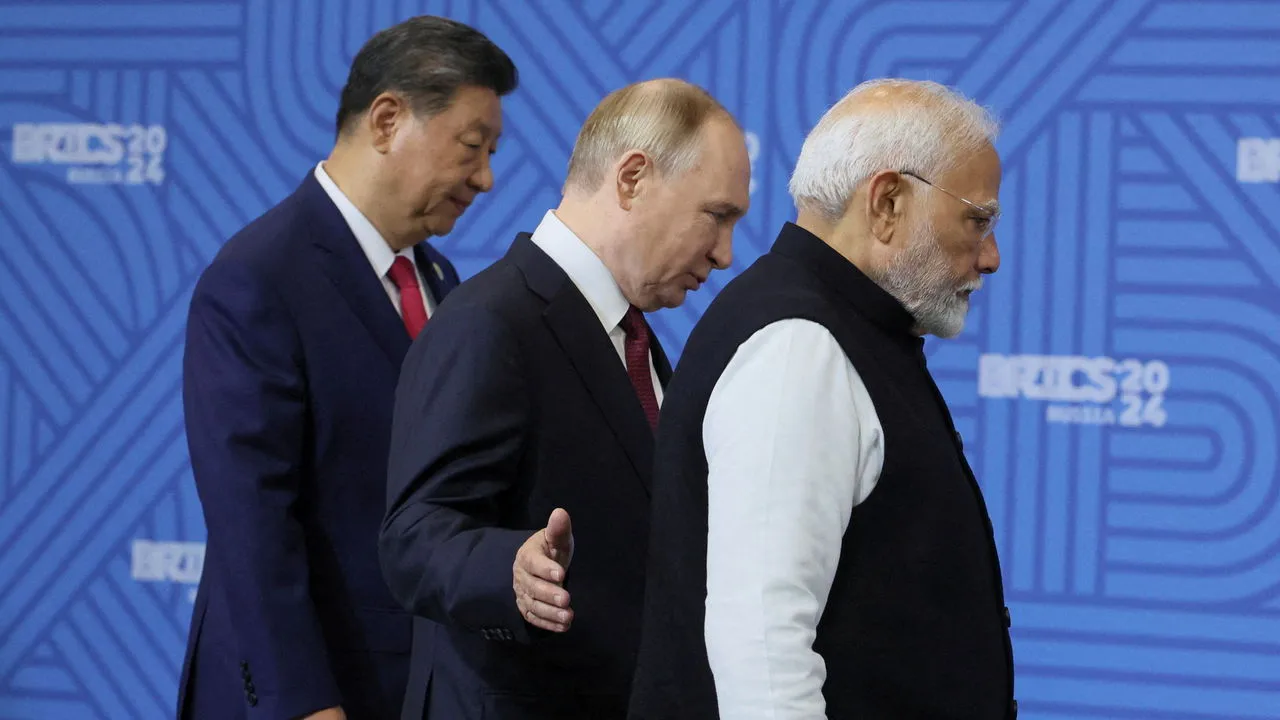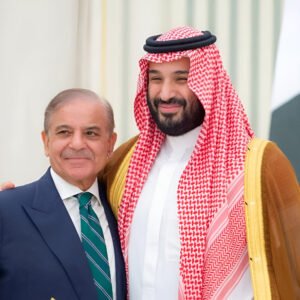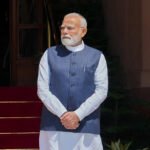Chinese President Xi Jinping praised China-Russia relations as among the “most stable” as Beijing prepares to host Russian President Vladimir Putin and Indian Prime Minister Narendra Modi at the Shanghai Cooperation Organisation (SCO) summit in Tianjin on Aug. 31–Sept. 1, 2025.

Bringing Putin and Modi together under Xi’s roof is both a diplomatic signal and a strategic play: China is showcasing a united Global South front while managing rivalries—most notably the unresolved India-China border tensions—and countering Western pressure on issues from Ukraine to trade. The Tianjin gathering will test whether ceremonial solidarity translates into concrete cooperation on security, trade, and regional governance.
Grand optics, strategic messaging
Xi has used recent meetings with Russian lawmakers and senior officials to underline an increasingly close China-Russia partnership and the need to jointly “safeguard security and development interests,” language Beijing says is aimed at shaping a fairer international order and rebutting external pressure. That framing sets the stage for the Tianjin summit, where more than 20 heads of state will gather. Putin is expected to remain in China after the SCO for a World War II commemorative parade in Beijing—adding ceremonial grandeur to the diplomatic choreography.

Diplomatic context: Modi’s return to China
Prime Minister Modi’s attendance marks his first visit to China in over seven years, signaling Delhi’s cautious effort to stabilize ties after the 2020 border clashes. New Delhi frames the engagement as pragmatic: steady, predictable relations with Beijing are “significant to regional and global peace and prosperity,” Modi has said in recent public comments, even as India pursues other partnerships and defends strategic autonomy.
What the leaders can—and cannot—deliver
Analysts note the SCO’s mixed record on enforcement and military coordination but stress its symbolic weight. China’s objective is twofold: to portray leadership of an expanding Global South grouping and to create diplomatic space to mitigate U.S.-led pressure (from tariffs to sanctions) by deepening alternative economic and security ties. For India, the platform offers a chance to engage Russia (a longstanding defense partner) and China simultaneously, while raising bilateral issues in a controlled multilateral setting.
Key numbers, timelines, and immediate practicalities
- Dates: SCO summit in Tianjin—Aug. 31–Sept. 1, 2025
- Attendance: Over 20 world leaders, including the U.N. Secretary-General and heads from Central and South Asia, reflecting SCO expansion and Global South outreach.
- Follow-on events: Putin’s planned participation in Beijing’s WWII parade reinforces the visit’s ceremonial and geopolitical dimensions.

Diplomatic frictions beneath the harmony
Despite the show of unity, substantive differences persist. India-Pakistan tensions, competition for critical minerals, and wary Indo-Pacific alignments (including the Quad) complicate any seamless “solidarity” narrative. Washington’s recent tariff and sanction rhetoric—targeting trade levers and Russia’s war—also underscores why Beijing and Moscow are keen to present a stabilizing counter-message even as each pursues its own strategic goals.
What’s next?
Expect a tightly choreographed summit with (1) high-visibility bilateral meetings (Modi–Xi, Modi–Putin, and Putin–Xi) on the sidelines; (2) communiqués stressing development cooperation, energy, and connectivity projects; and (3) limited progress on sensitive security issues unless leaders opt for substantive, bilateral follow-ups. Observers will watch whether any joint statements on Ukraine, trade, or critical-mineral cooperation hint at policy shifts.
According to reporting by Reuters, which previewed the Tianjin SCO summit and the planned attendance of over 20 leaders—including Presidents Vladimir Putin and Xi Jinping and Prime Minister Narendra Modi—the event is being presented by Beijing as a “powerful optics” moment for Global South solidarity. Reuters also reported Xi’s recent calls to strengthen strategic trust with Russia and to jointly protect security and development interests.
Conclusion
Tianjin will be as much about image as substance:Xi’s “most stable ties” line signals Beijing’s intent to cement a counter-narrative to Western influence, while Modi’s presence underscores India’s calibrated diplomacy. Whether the summit yields long-term policy shifts or remains primarily a display of solidarity will depend on the private bilateral talks that follow the public ceremonies—and on how New Delhi navigates competing imperatives between strategic autonomy and regional stability.











